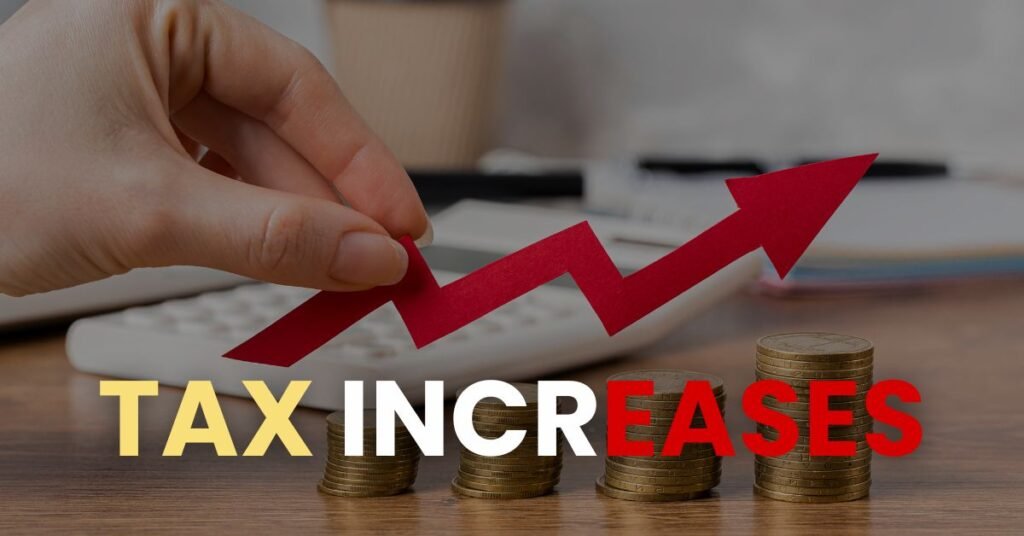Social Security Benefit Cuts: The social security system that pays monthly benefits to retired individuals and disabled people is in financial trouble. Specifically, as the population of baby boomers continues to retire and there are fewer wage-earners that are under forty years old, the SSA may exhaust its funds to finance full retirement benefits by mid-2030s. To this end, the population of many Americans is now expecting major changes through stringent measures such as reductions in the overall benefits, whether they agree or disagree with the contention that some of those who are expected to receive less include or exclude particular groups of people.
Targeted Cuts
According to data given by the Program for Public Consultation at the University of Maryland, people’s attitudes have shifted in quite an unexpected manner. A recent study found that while a majority of Americans are against applying across-the-board cuts on the Social Security benefits, many are ready to embrace cuts under certain circumstances.
The survey, which was conducted with at least 4600 participants, established that 53% were willing to accept the reduction in benefits going to the top 40% of earners. With this approach, the upcoming Social Security deficit is envisaged to be cut down by about 23%.
But there are some voices who believe that it is unwise to focus on increasing the shares of people with high income. Alex Been, an instructor of financial literacy at the University of Tennessee, proposes that such cuts could erode public confidence in Social Security. Cutting down some payments given to certain groups may also lead to people developing a feeling or thinking that their benefits can also be cut.
Also Read: Walmart’s Great Value Apple Juice Recalled Due to Arsenic Concerns
Debate
Some people agree with the notion of reducing the benefits for the rich, while others have a different opinion on the same. In particular, critics have taken positions that state that anybody who pays into the system should not see their benefits go down, regardless of their earnings.
Cutting benefits that some employees have could also mean that the rest will have their benefits cut in the future—a worry by analysts such as Alex Been. He reasoned that this might give politicians the impression that even more cuts could be made on the other groups in a way that will reduce the public’s confidence in the program.
Respondents of the University of Maryland’s survey were provided with an online simulation in which they acted like policymakers in order to examine possible reforms. They looked at such possibilities: reducing benefits, increasing the payroll taxes, or extending retirement age.
Tax Increases

At the same time, it is notable that both Democrats and Republicans are willing to consider other options. For instance, there should be an increase in the payroll tax cap, which has bipartisan support. Today, anything above $169,000 is exempted from Social Security taxation; however, most of the participants supported this limit being increased to $400,000. This change could mean an increase in the funds received by the SSA while at the same time not deleting on optimum benefits.
Another of the reforms regularly applied is increasing the age of retirement. As we see, nearly 90% of people in swing states are in favor of raising the retirement age to cover the 15% difference in Social Security benefits. This will be indicative of the fact that the people are living longer and are hence able to work for a longer duration as well.
Also Read: 5 Social Security Changes Coming in 2025, No Matter Who Wins the Elections
Public Perception
Actually, Drew Powers, who possesses the Powers Financial Group, recognized that public opinion toward Social Security cuts is occasionally based on the words used to define the policy. Even when other questions in the survey pointed to proposals relevant to the reduction of benefits for the ‘top 20%’ or ‘top 40% earners’, the majority supported this. But when the participants were informed of the fact that, being high earners, there are persons living large and expensively or those who worked hard paid into social security for ages, support to cuts reduced.
This seems to imply that Americans are willing to accept gradual changes, which include, for instance, the means of testing, which can be described as a process where benefits are received in proportion with the income or the assets of the beneficiary. Powers also said that he noted that while Social Security provides a significant source of income for retirement, it is a small fraction for the high-income earners. Some may not possibly miss the cut on the reduced benefits in case they have other sources of wealth.
Full Cuts
Although there is some agreement regarding selective lowering, most specialists have it that a direct cut on Social Security will be strongly resisted. High-income individuals will also be against any changes that will reduce the benefits they receive, though they do not rely so much on Social Security, as argued by Kevin Thompson, the president and CEO of 9i Capital Group. Favorably, Thompson suggests that what may work is a form of means test; however, this too shall be met with much resistance from the public as well as from their agents.
Essentially, the argument over the reform of Social Security reveals some of the issues faced in sustaining one of the country’s major assets. This time targeted reductions and, in the case of some states, the use of new taxes may be required to make the program sustainable in the long term.
FAQs
Q. How much could cutting benefits save Social Security?
A. Lowering taxation allowances for people in the top 40% of wage earners could eliminate 23% of the gap.
Q. Do most Americans support cutting Social Security?
A. While most Americans do not support across the board cuts, they are in favor of cuts that are targeted.
Q. What other reforms are people open to?
A. People approve the reallocation of the rebate, collecting more payroll tax and raising retirement age.

